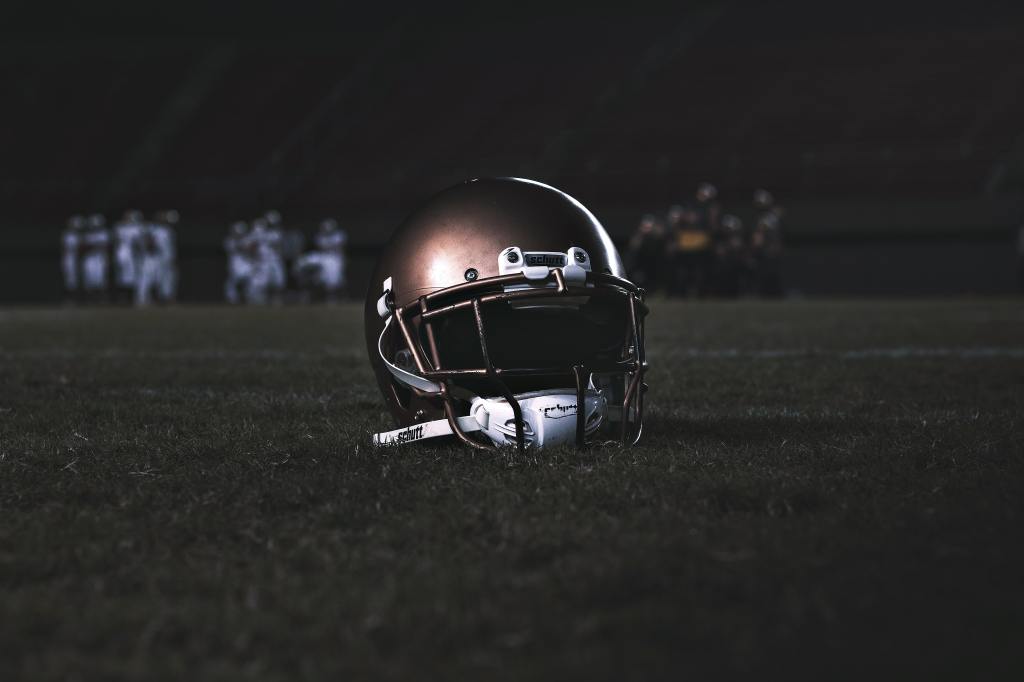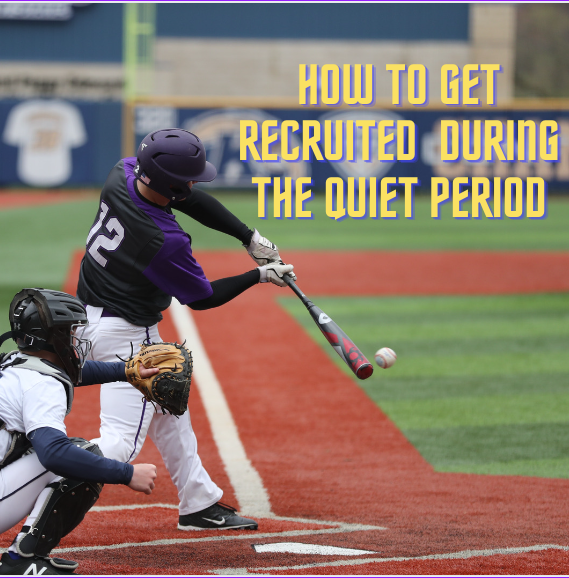Recruiting becomes hot as August begins, just as summer begins to cool down. However, before it starts to boil, there is a brief pause in recruiting. That pause is known as the Quiet Period.
There are many myths and misconceptions about the Quiet Period, so this article will clear up five of them.

Myth #1: That quiet period means absolute silence. Most parents and athletes think that this mean coaches can’t talk to prospective student athletes. True, NCAA communication rules are restricted during the quiet period. But in the end, colleges coaches are permitted to communicate with prospective student athletes during the quiet period.
Myth #2: Athletes can’t contact coaches. Not true. According to the NCAA recruiting guidelines, prospective student athletes can contact college coaches beginning on the first day of freshman year. Additionally, student-athletes are permitted to contact coaches at any time during the recruiting process.
Myth #3: College Coaches don’t recruit during the quiet period. False, coaches recruit year round. Just look at all the offers posted on social media! So, since college coaches continue to recruit during the quiet period athletes need both communication and recruiting exposure year around
Myth #4: On campus invites during the Quiet Period are money grabs. Not necessarily. Some invites are in fact money grabs so it’s up to the athlete and parents to learn the difference. The NCAA rules state contact with prospective student athletes is permissible on the college campus. So, how else can coaches get athletes on campus but to invite them to a prospect camp?
Myth #5: College coaches can’t make offers during the quiet period. Again, the quiet period does not mean dead silence. Instead, the quiet period regulates communication between college coaches and prospective student athletes. During the quiet period coaches can and do make scholarship offers.
The origin of these myths and misconceptions is from athletes and parents being unfamiliar with the recruiting process. Information is pieced together from bits and pieces heard from other players and parents. It’s similar to trying to put together a jumbled puzzle, but missing several key pieces. It doesn’t matter how much effort you put in, the end result will be an incomplete picture. Don’t rely on rumors and hearsay from other parents. Become educated about the recruiting process or find someone who is.











